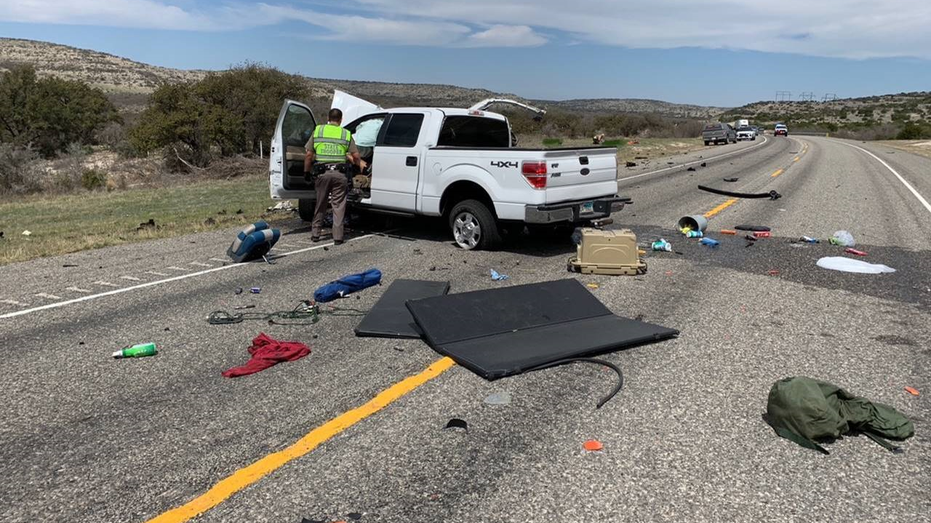Texas drunken drivers who kill a child’s parent or guardian in a crash are now liable to pay child support, according to legislation that went into effect Friday.
Texas House Bill 393, also known as Bentley’s Law, was first filed Nov. 14 of last year. Texas Gov. Greg Abbott signed the bill June 2.
“Any time a parent passes is tragic, but a death at the hands of a drunk driver is especially heinous,” the Republican governor wrote on X, formerly known as Twitter. “I was proud to sign HB 393 into law this year to require offenders to pay child support for the children of their victims.”
According to the law, intoxicated manslaughter culprits are only on the hook until the child turns 18 years old or finishes high school.
MAN ARRESTED IN TEXAS FOR ALLEGEDLY PLOTTING TO KILL ELECTION WORKERS
“[T]he court shall determine an amount to be paid monthly for the support of the child until the child reaches 18 years of age or has graduated from high school, whichever is later,” the text reads.
The amount of child support depends on multiple factors, including the child’s educational needs, medical needs and any reasonable child care costs. The standard of living that the child is used to is also considered.
Anyone who is unable to make payments due to incarceration may be eligible for a payment plan.
“[T]he defendant shall begin payments not later than the first anniversary of the date of the defendant’s release from the facility,” the law states. “The defendant may enter into a payment plan to address any arrearage that exists on the date of the defendant’s release.”
“The defendant must pay all arrearages regardless of whether the restitution payments were scheduled to terminate while the defendant was confined or imprisoned in the correctional facility.” the law adds.
Fox News Digital reached out to Abbott for a statement, but has not heard back.
























